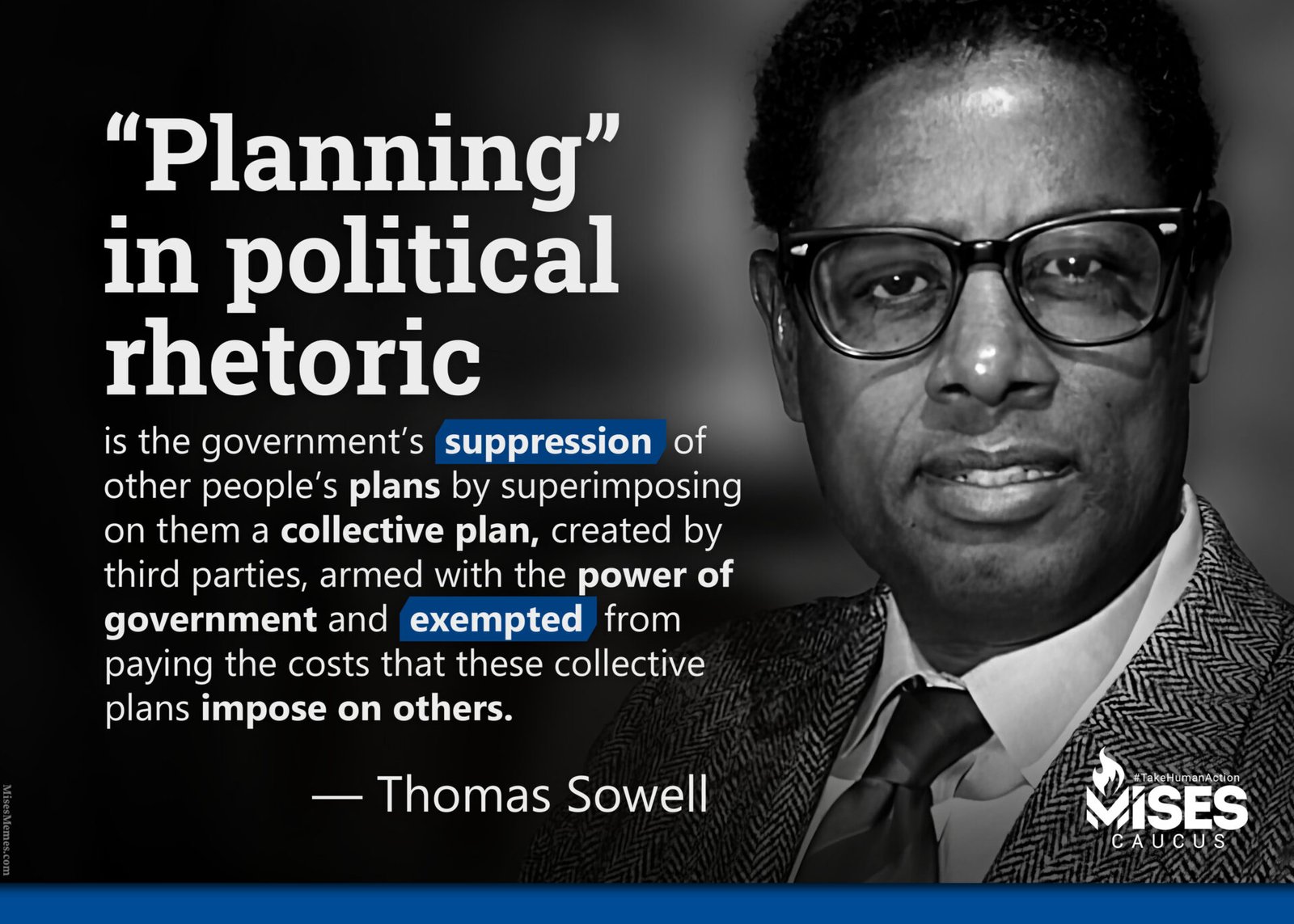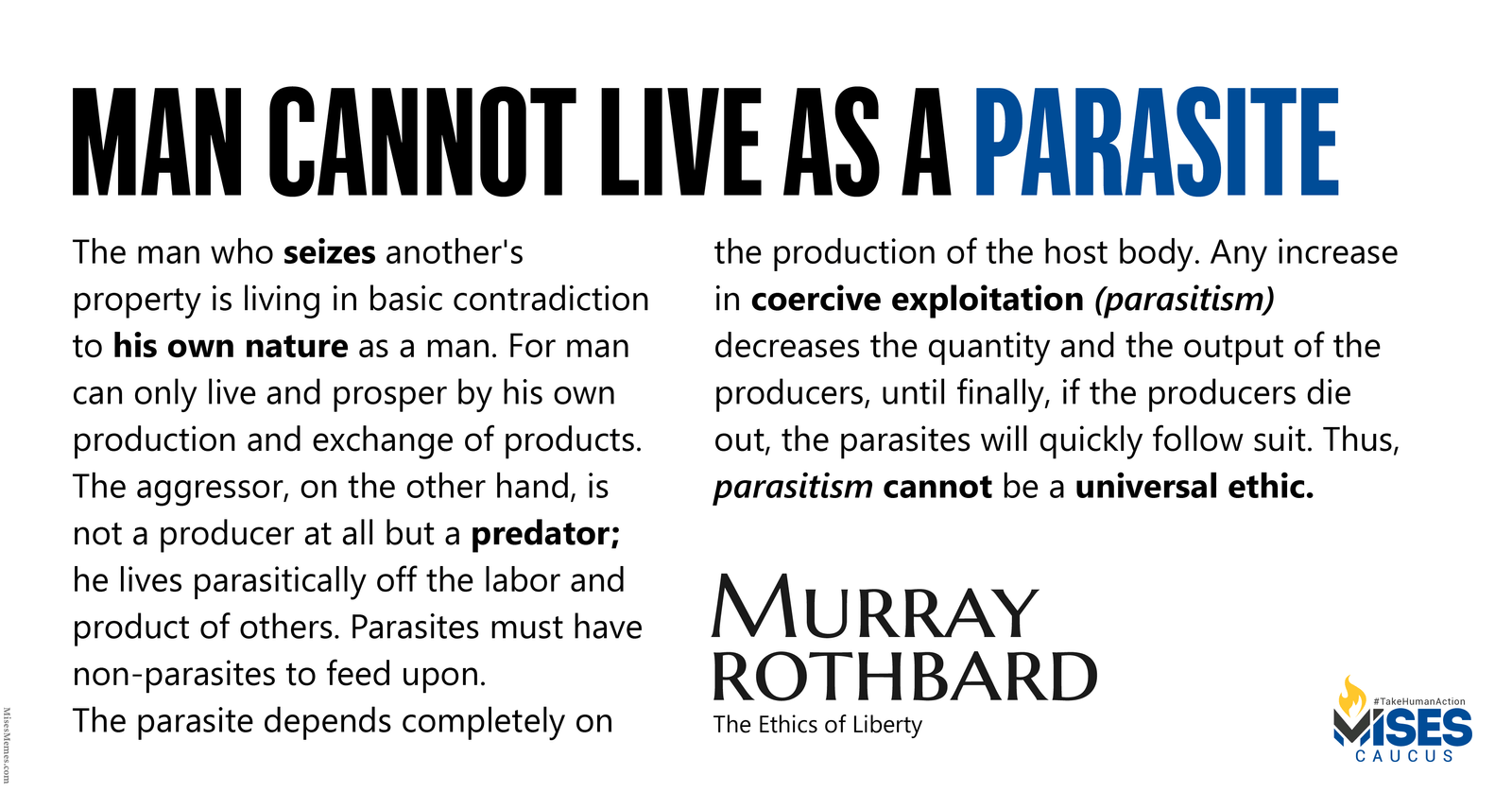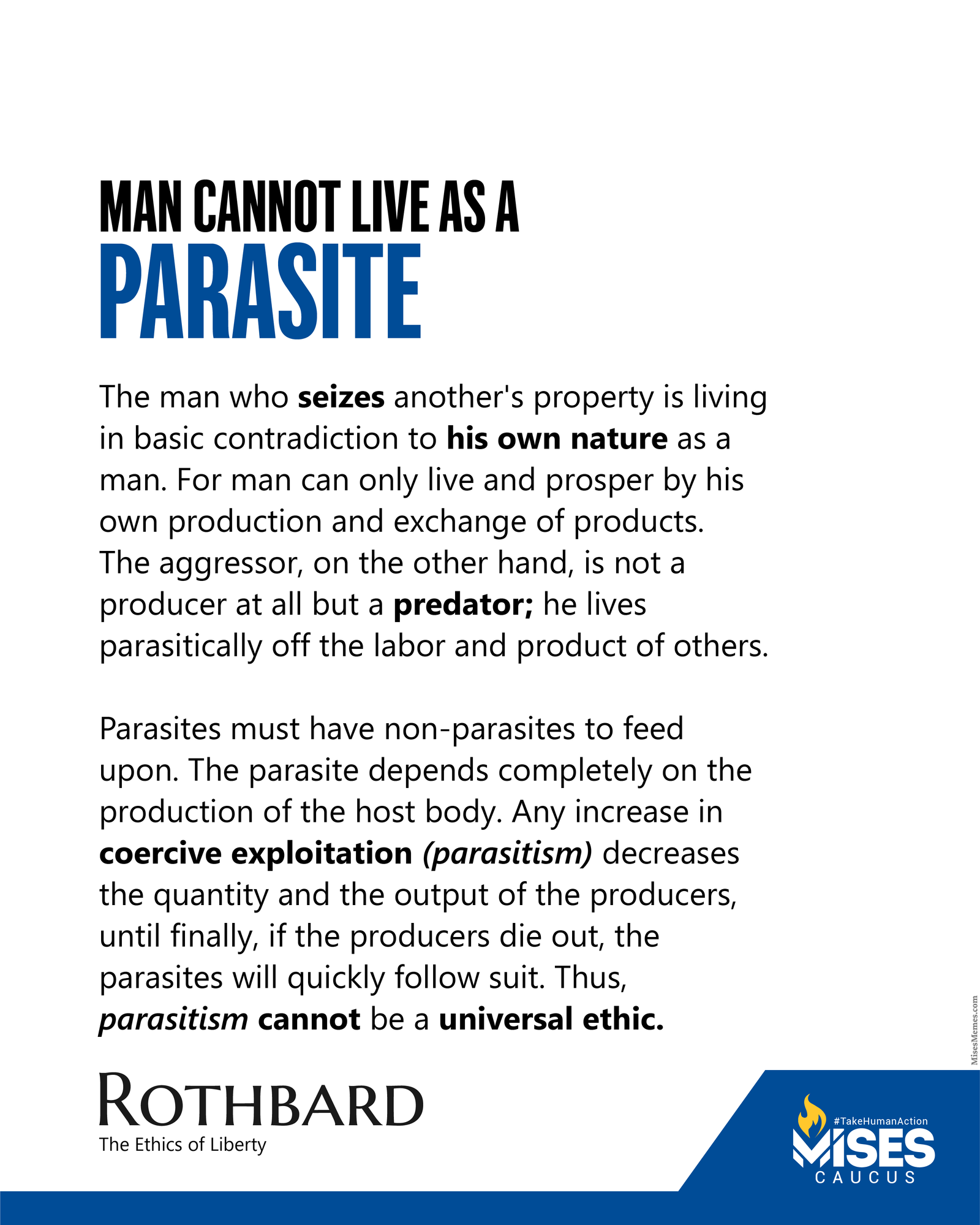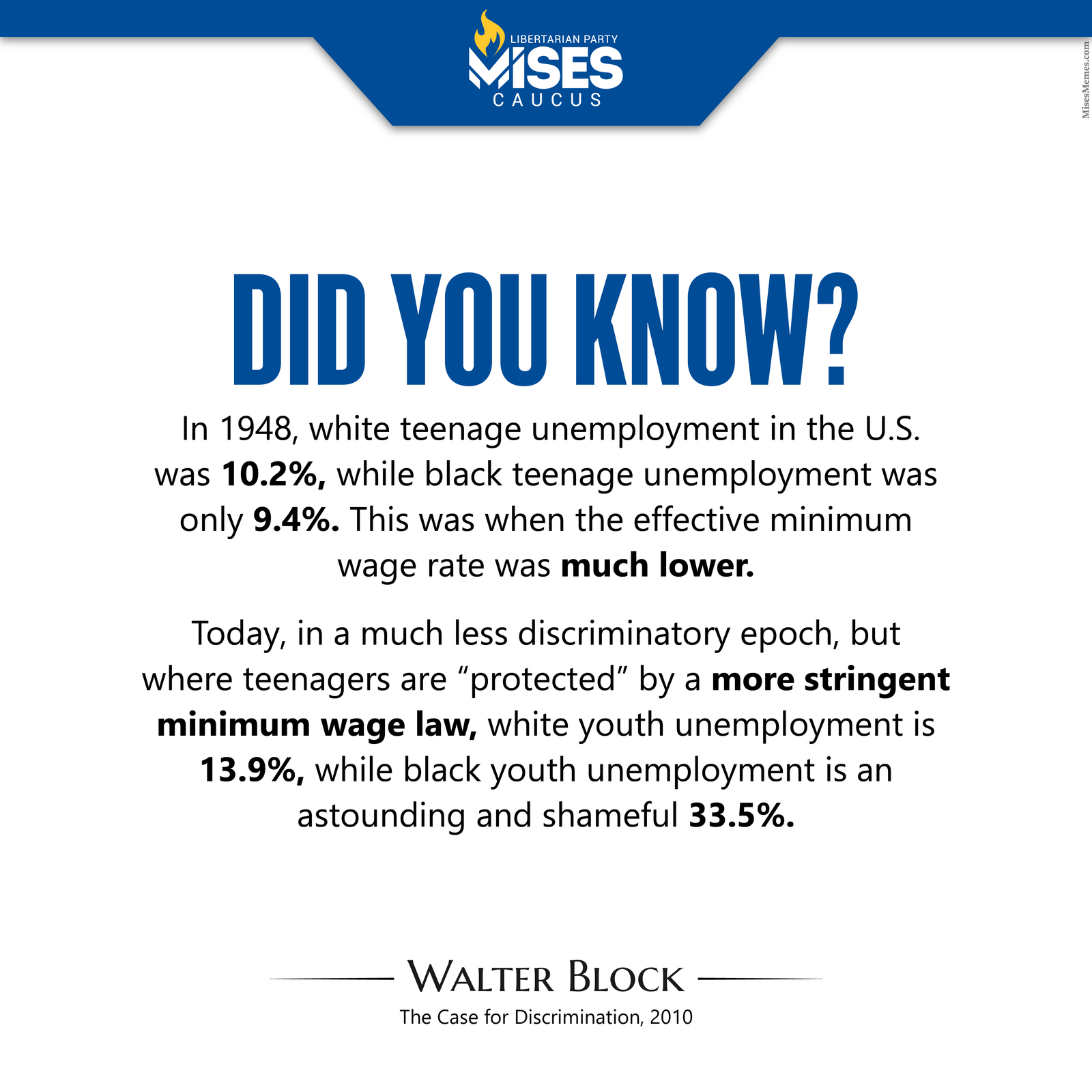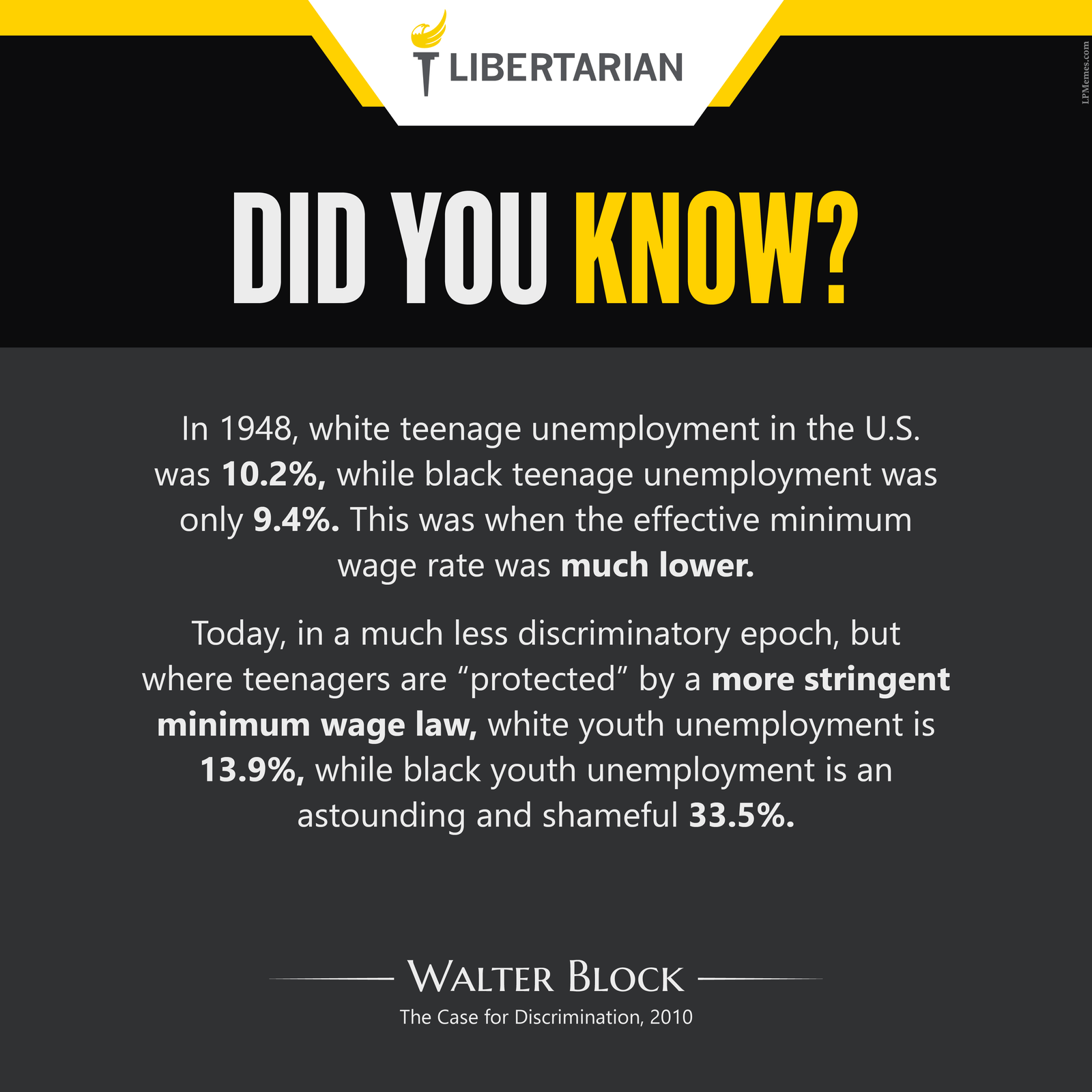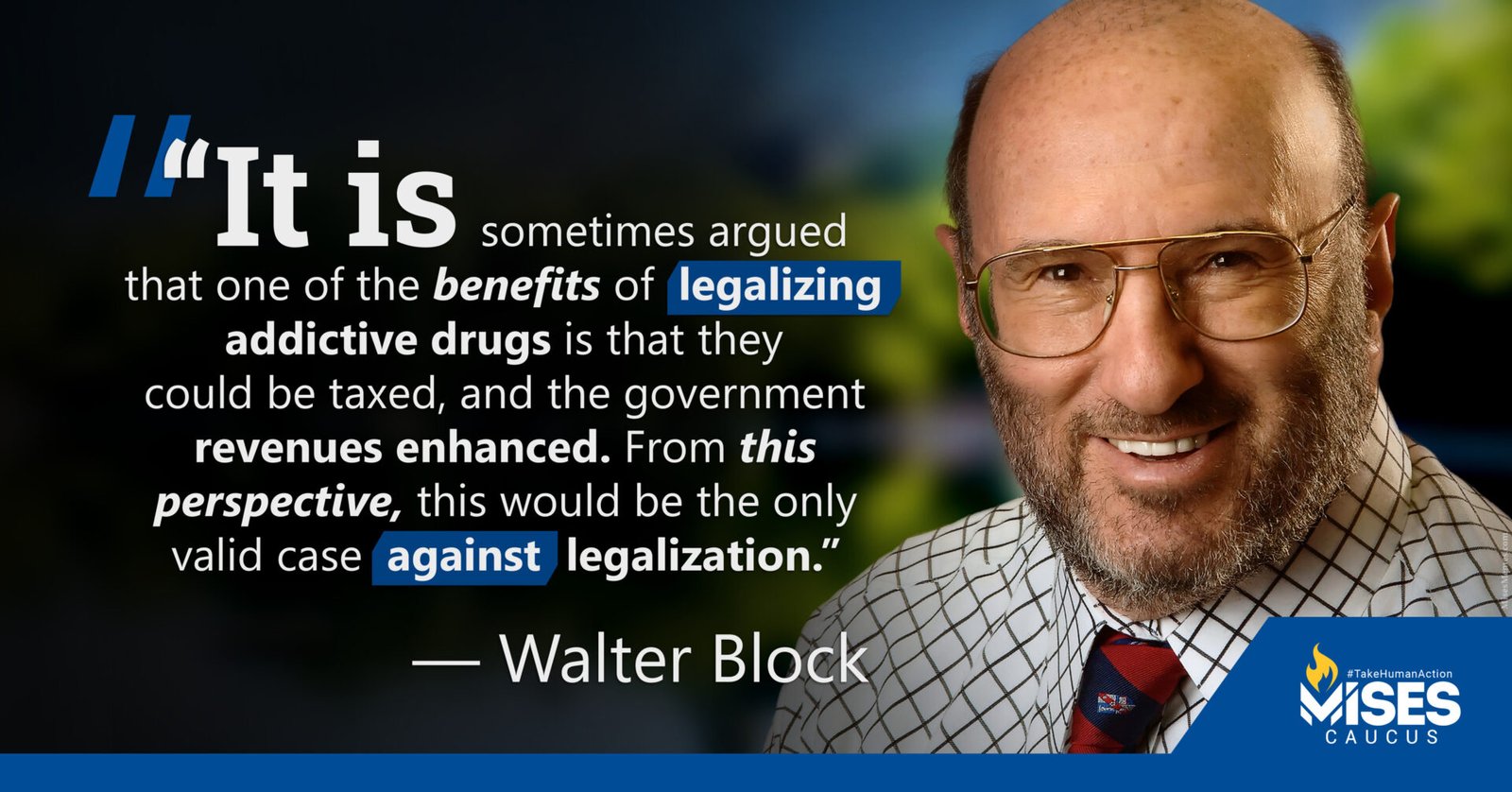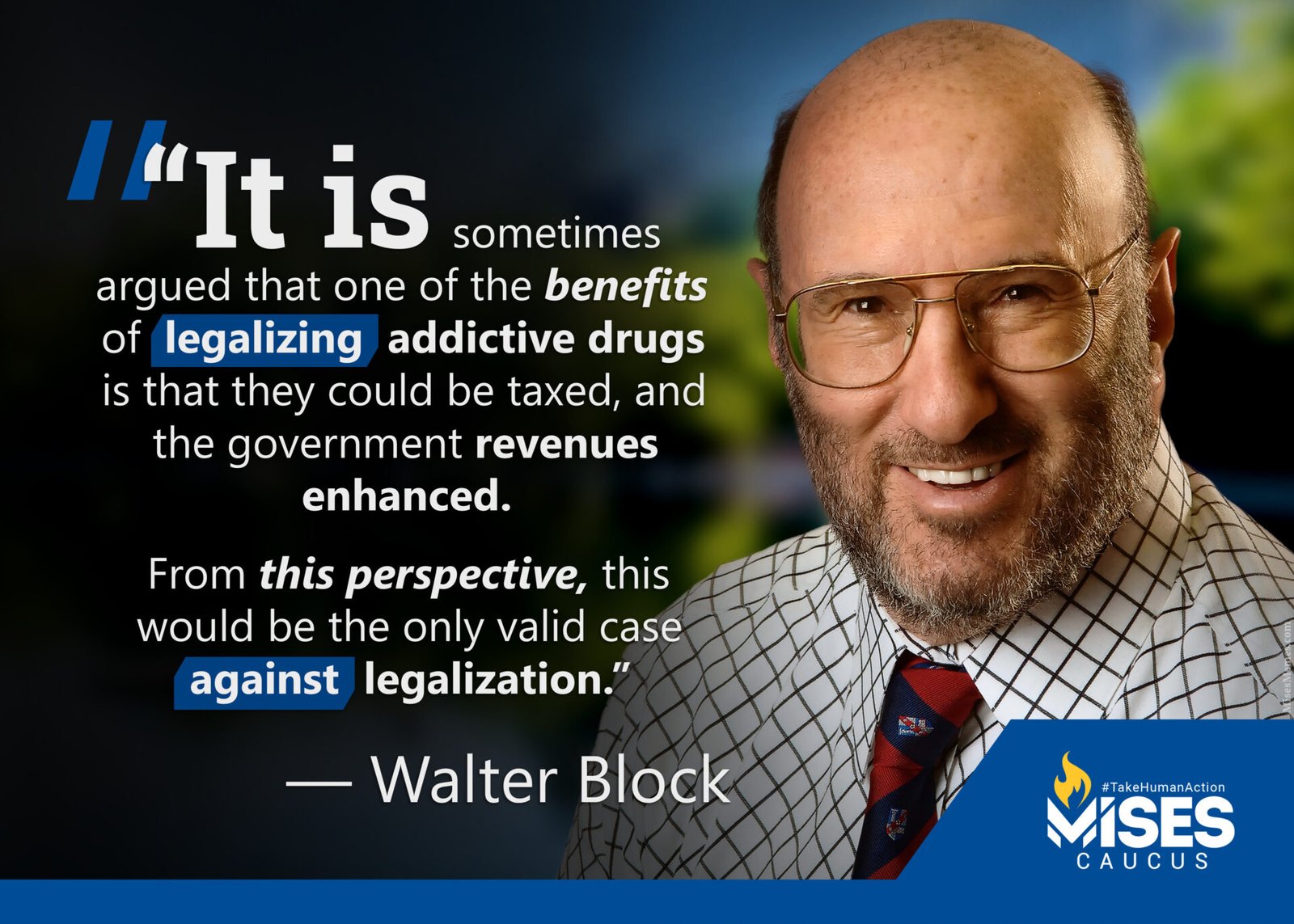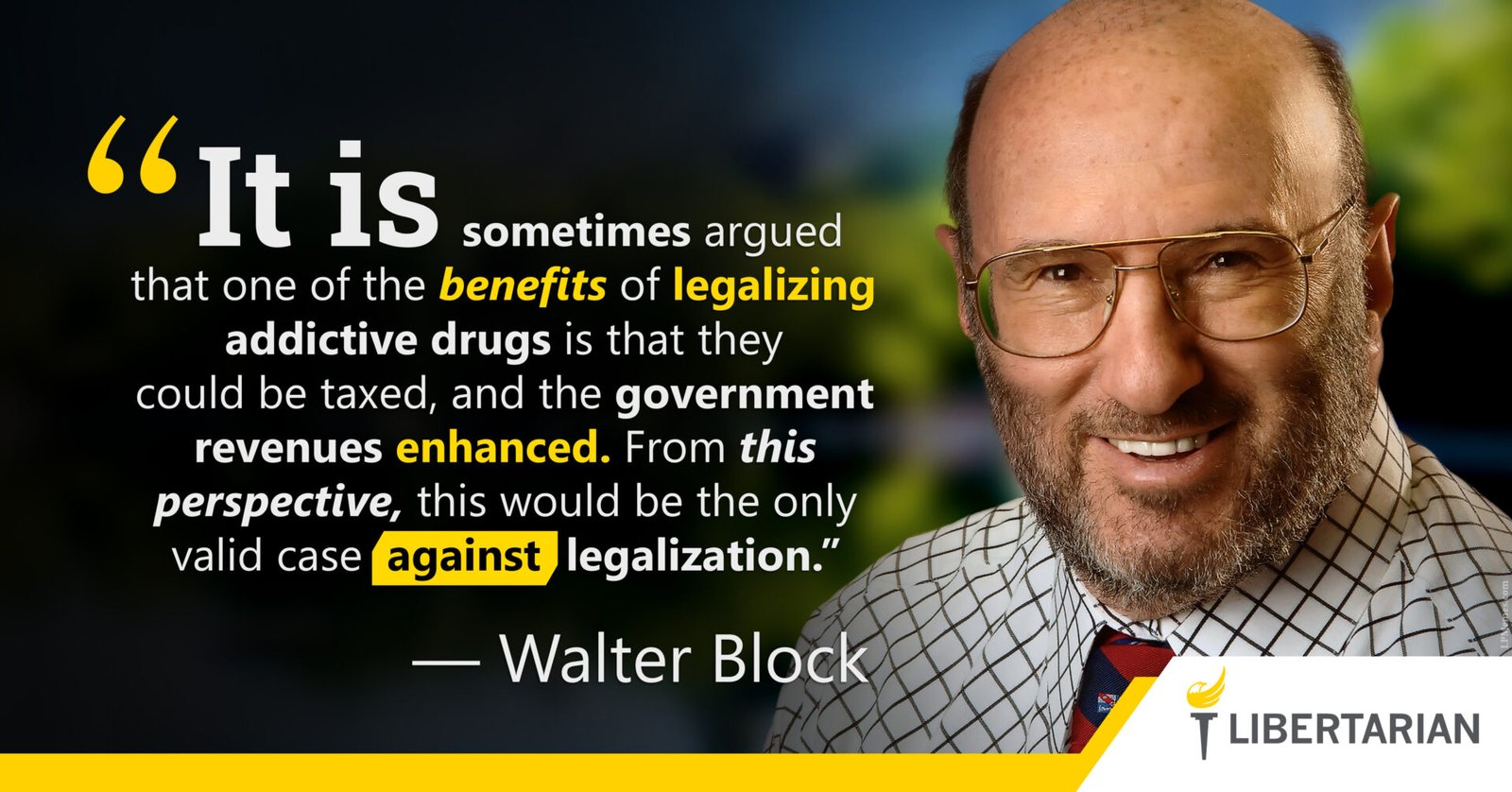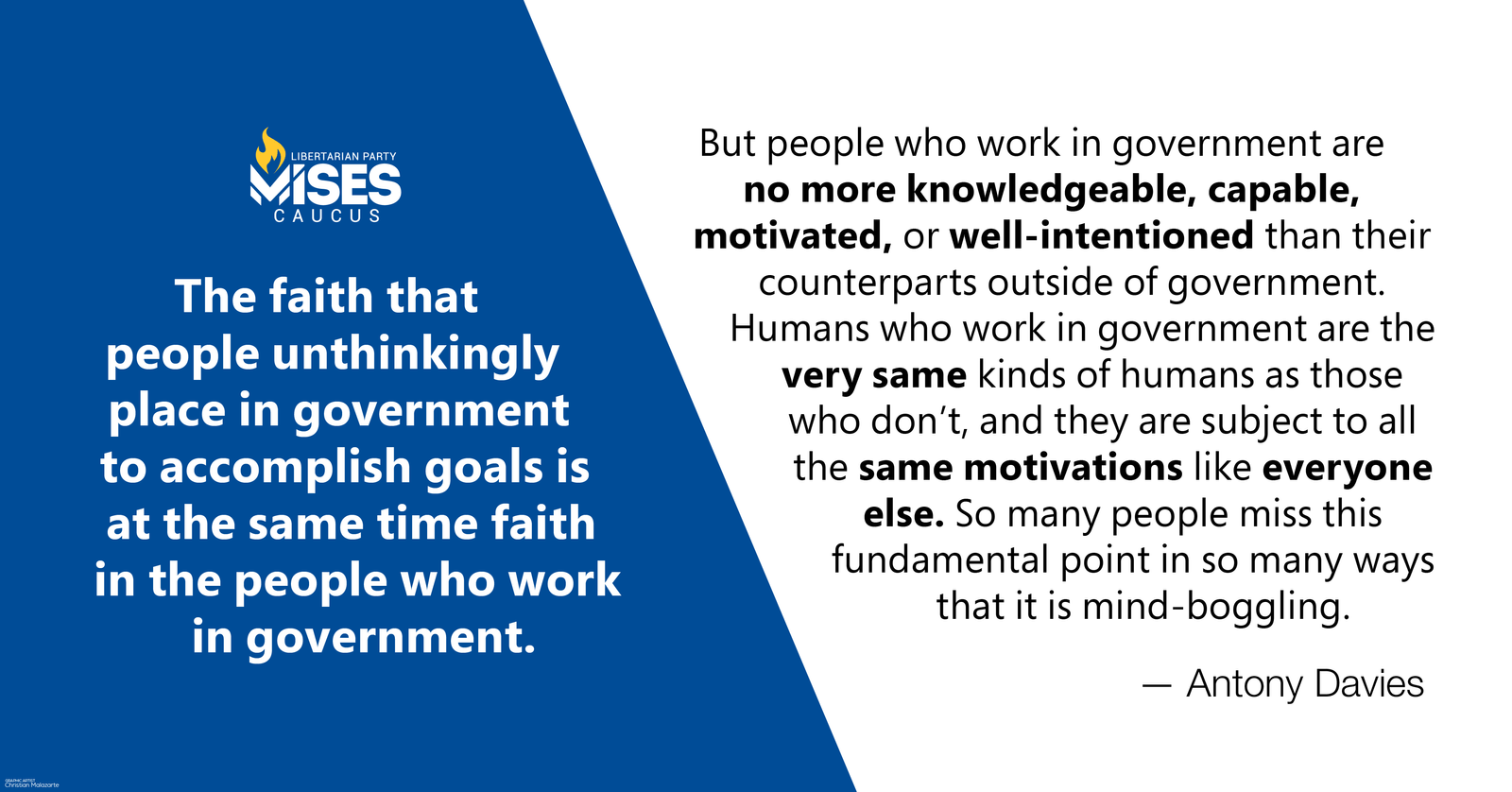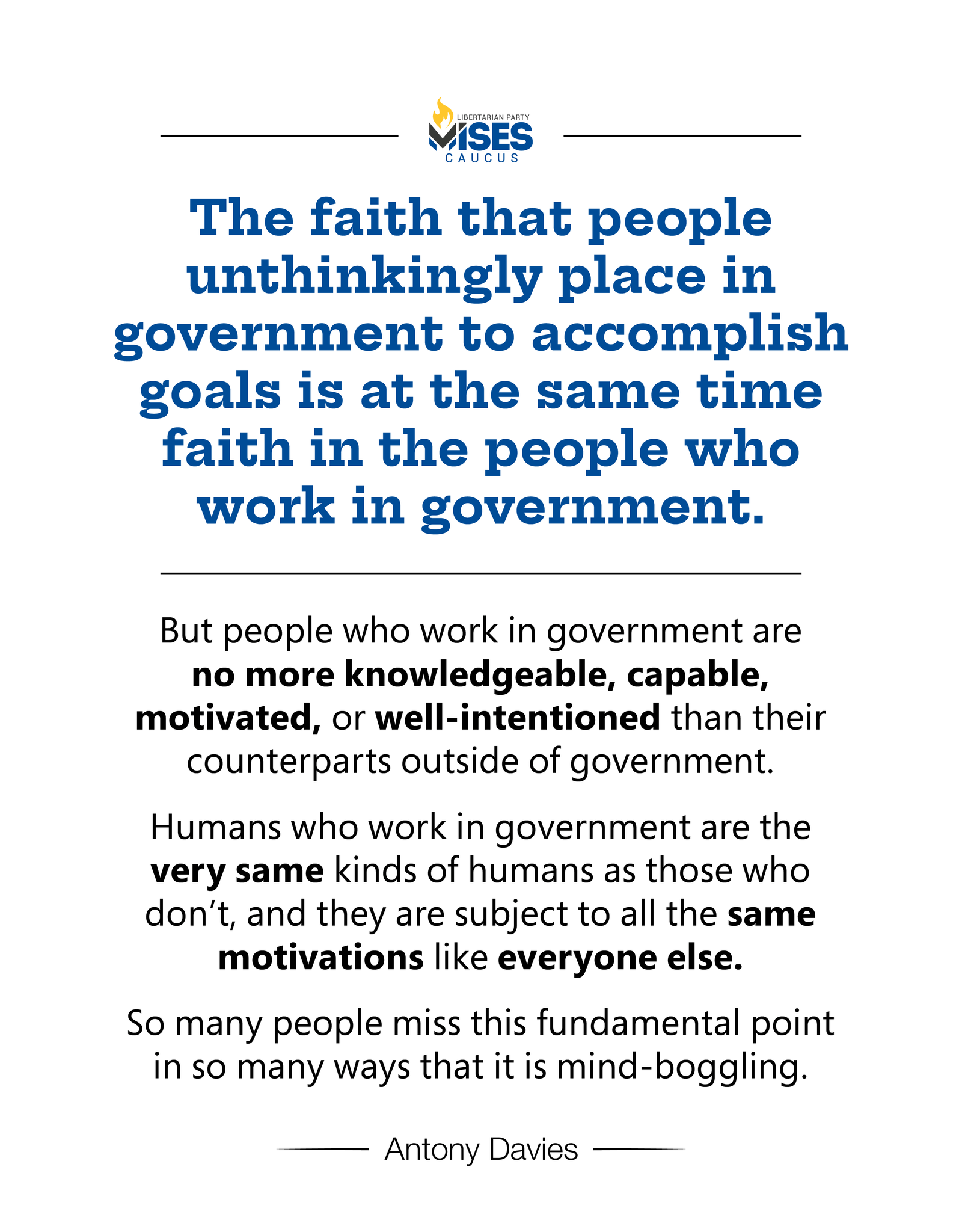Women in most countries are going on to higher education in numbers comparable to men—and, in some countries, more often than men. In Japan there are 90 women enrolled in higher education for every 100 men, in the United States 140 women for every 100 men and, in Sweden, 150 women for every 100 men. There is no question that the sexes have often been treated differently [with regards to education]. But few societies today have such severe restrictions on the education of girls, at least not in the Western world. —Thomas Sowell

![Women in most countries are going on to higher education in numbers comparable to men—and, in some countries, more often than men. In Japan there are 90 women enrolled in higher education for every 100 men, in the United States 140 women for every 100 men and, in Sweden, 150 women for every 100 men. There is no question that the sexes have often been treated differently [with regards to education]. But few societies today have such severe restrictions on the education of girls, at least not in the Western world. —Thomas Sowell](https://misesmemes.com/wp-content/uploads/f1380-thomas-sowell-women-higher-education.png)
![Women in most countries are going on to higher education in numbers comparable to men—and, in some countries, more often than men. In Japan there are 90 women enrolled in higher education for every 100 men, in the United States 140 women for every 100 men and, in Sweden, 150 women for every 100 men. There is no question that the sexes have often been treated differently [with regards to education]. But few societies today have such severe restrictions on the education of girls, at least not in the Western world. —Thomas Sowell](https://misesmemes.com/wp-content/uploads/lw1380-thomas-sowell-women-higher-education.png)
![Women in most countries are going on to higher education in numbers comparable to men—and, in some countries, more often than men. In Japan there are 90 women enrolled in higher education for every 100 men, in the United States 140 women for every 100 men and, in Sweden, 150 women for every 100 men. There is no question that the sexes have often been treated differently [with regards to education]. But few societies today have such severe restrictions on the education of girls, at least not in the Western world. —Thomas Sowell](https://misesmemes.com/wp-content/uploads/lf1380-thomas-sowell-women-higher-education.png)
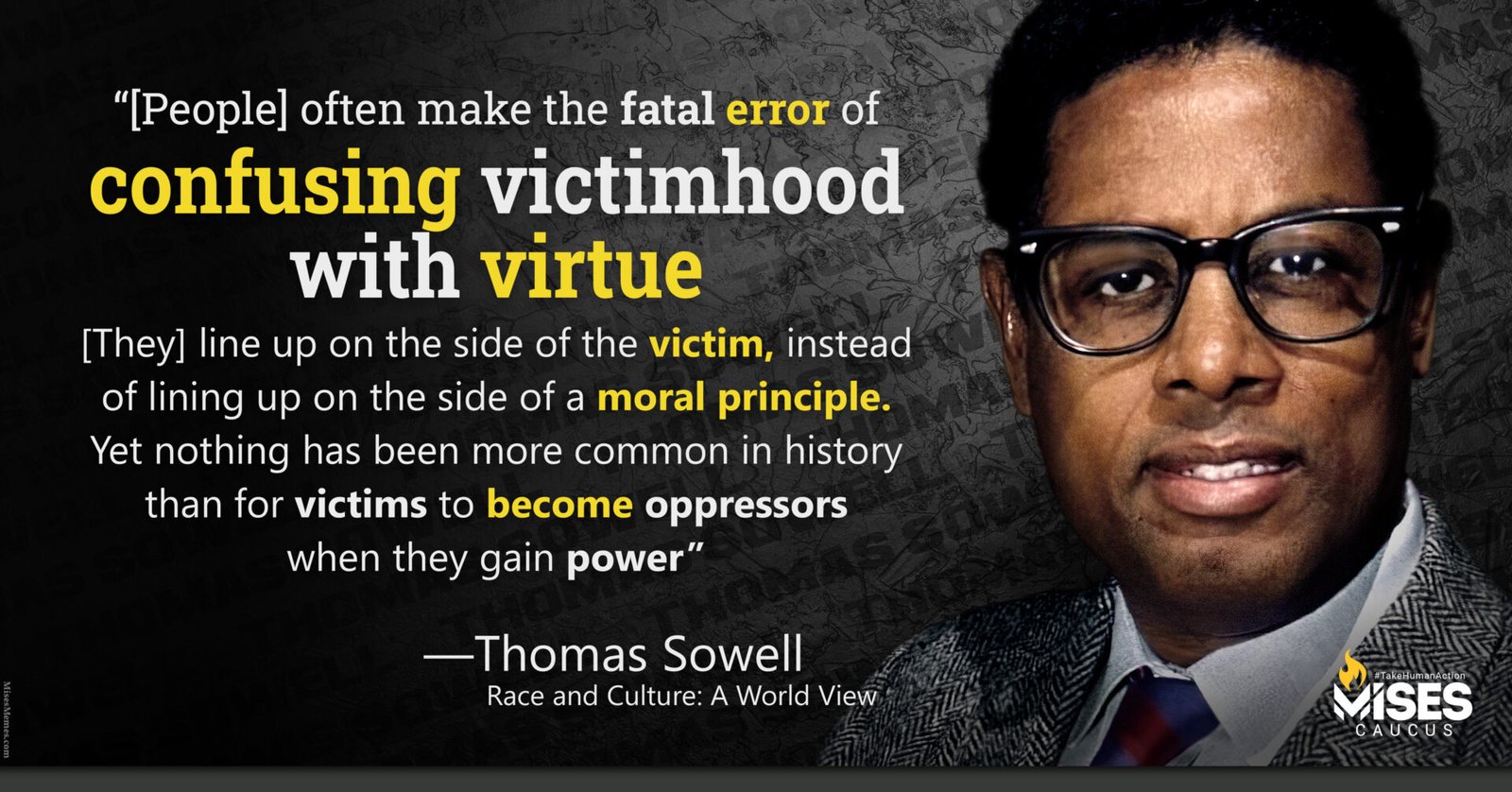
![[People] often make the fatal error of confusing victimhood with virtue
[They] line up on the side of the victim, instead of lining up on the side of a moral principle. Yet nothing has been more common in history than for victims to become oppressors when they gain power —Thomas Sowell, Race and Culture: A World View](https://misesmemes.com/wp-content/uploads/f1379-thomas-sowell-confusing-victimhood-with-virtue.jpg)
![[People] often make the fatal error of confusing victimhood with virtue [They] line up on the side of the victim, instead of lining up on the side of a moral principle. Yet nothing has been more common in history than for victims to become oppressors when they gain power —Thomas Sowell, Race and Culture: A World View](https://misesmemes.com/wp-content/uploads/lw1379-thomas-sowell-confusing-victimhood-with-virtue.jpg)
![[People] often make the fatal error of confusing victimhood with virtue [They] line up on the side of the victim, instead of lining up on the side of a moral principle. Yet nothing has been more common in history than for victims to become oppressors when they gain power —Thomas Sowell, Race and Culture: A World View](https://misesmemes.com/wp-content/uploads/lf1379-thomas-sowell-confusing-victimhood-with-virtue.jpg)

